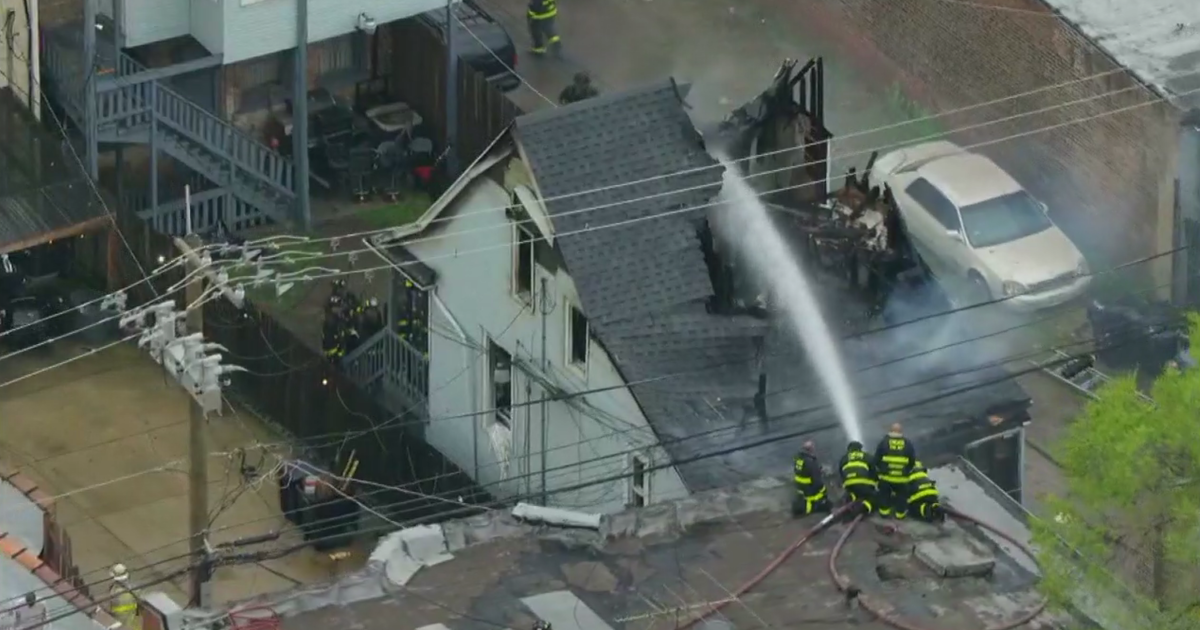What Trump's Steel Tariffs Mean For Illinois
CHICAGO (CBS) -- President Donald Trump signed proclamations Thursday that institute a 25 percent tariff on foreign steel and a 10 percent tariff on aluminum with exemptions for Canada and Mexico until the North American Free Trade Agreement is renegotiated.
"I'm delivering on a promise I made during the campaign," he said, addressing the steel and aluminum workers who had come to the White House to see Trump sign the tariffs.
The tariffs will go into effect 15 days from the proclamation signing, according to a White House official.
"By these tariffs going into place, it gives us the ability to come back to 100 percent capacity," said one steel worker from Kentucky.
Trump adding, "Yesterday in anticipation that we'd be here today, U.S. Steel announced it's reopening a mill in Illinois, a big one, and recalling 500 workers immediately."
That U.S. Steel plant is in Granite City, Illinois, which is near St. Louis. In a statement, a company spokesman said, "We anticipate these remedies will increase the demand for steel produced in the United States."
Cecile Shea, an international consultant, worries about the long-term impact on other industries such as Caterpiller. The corporation relies on steel to build machinery and will have to pay more, which could cause trouble selling overseas.
"Caterpiller start having to layoff exponentially more workers, that's going to be more people in pain -- different groups of people, perhaps," Shea said.
Shea also points to the construction industry, which might pay more to use steel to build downtown high rises."Which means it's going to be more expensive to purchase a condominium or to rent an apartment."
Furthermore, Shae says, aluminum is used for everything from cars to beer cans to cookware. "So the prices for all of those things are going to go up because the components for all those things will increase in price."
Trump said he is open to modifying tariffs for some countries -- the White House will allow any country that has a security relationship with the Trump administration to discuss potential modifications to "address the threatened impairment of the national security caused by imports from that country," the White House official added. Some countries might qualify for an exemption if their products "no longer threaten our security," the president said.



